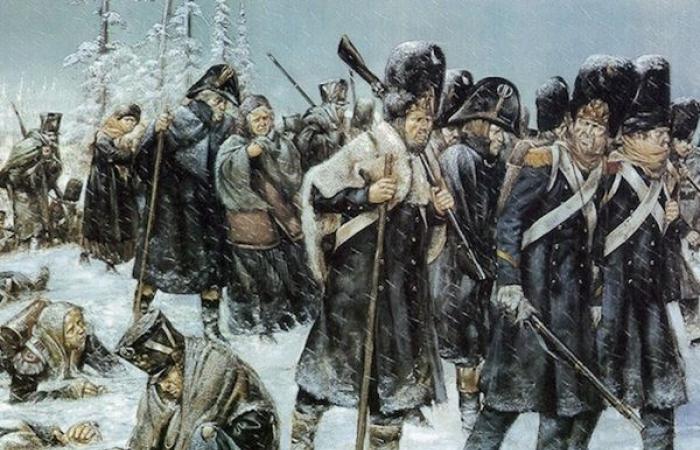Dear Director,
after reading the interview that Romano Prodi he released to Corriere della Sera last Saturday 30 November, I wrote him a letter.
Prodi was the prime minister of the government which I too, senator in 2006I voted with confidence. In the letter I expressed my considerations regarding some observations and proposals recorded on that page.
The words of Prodi on which I focused most, concern Europeof which he laments the insignificant, subordinate, gregarious role and the total absence from the processes of change underway, oriented towards the construction of a multipolar world. Among the solutions proposed by Prodi for overcoming the state of dependence and inferiority from which Europe suffers there is the choice to have its own army and withdraw from NATO. “Putin would never have attacked Ukraine if we had the European army. He did not expect such a compact NATO response, while a European army would have had a decisive deterrence function”…
I am also in favor of building a European army and renouncing NATO, a military formation set up in 1948 as a function of the “cold war”, at the instigation of Churchill's England and Truman's United States. In the “folds” of its statute, Russia is indicated as the enemy to be fought…
With the coup d'état carried out in Ukraine in 2014, the political axis on which this country had held for years was overturned, from being a friend of Russia, which provided it with large quantities of energy resources at advantageous prices, it became an enemy, also undermining its characteristics and data historians of its national security.
I too am for a European army… but on one indispensable condition: its military leaders, its political leaders know “by heart” the fate of all the armies of the various European countries that in eight hundred years of history have attempted to invade and dominate Russia; they have always been defeated!
In 1242 the Teutonic knights and the Danish, Swedish and Estonian mercenaries following them, who were advancing enemies on Russian soil, were defeated on Lake Ciudi near the current border between Russia and Estonia. The strategy of the Russian prince Alexander Nevsky it had pushed them to cross the lake in places where the ice layer was thinner and ended up swallowed up in its waters
In 1610, together with Sweden a Polish-Lithuanian coalition invaded the Muscovy Land. For two years Moscow was controlled by the invaders and Władysław IV of Poland became Russian ruler. The liberation took place by a body of Russian volunteers led by the merchant Kuz'ma Minin and Prince Dimitrij Pozarskij.
Shortly thereafter, the first member of the Romanov dynasty ascended the throne of the Kremlin. In 1709, near the city of Poltava Tsar Peter the Great destroyed the Swedish army of King Charles XII, the ruler who had prevented Russia's access to the Baltic Sea for years.
In 1812 six hundred thousand French soldiers led by Napoleon invaded the Russian Empire by attacking Riga. His forces continued to Smolensk which they burned and marched towards Moscow. After Tsar Alexander I rejected the surrender proposal, a popular guerrilla war was organized which, together with the actions of the regular army, suffocated the French forces and then drove them back to Paris.
In 1918, after Treaty of Brest which ended Russia's involvement in the First World War, several states began to militarily occupy various Russian territories: England, France, Finland, Italy…. A total of 14 states. In 1919, due to the military and diplomatic actions of the government led by Lenin, most of the foreign forces left Russian territories.
In 1941, during the Second World War, Hitler's Germany launched the largest and deadliest military operation in the history of mankind against Russia. The Germans launched their attack in various directions, occupying Ukraine, besieging Leningrad, heading towards Kursk in the south and Arkhangelsk north. The invasion they took part in fascist Italy and other allies of the Third Reich (Romania, Finland, Hungary and Slovakia) spread over much of European Russia, reaching Stalingrad in the south. But after the devastating battle of Stalingrad, Hitler's army was rejected at Kursk and forced to retreat to Germany where it was finally defeated
Maria Agostina Pellegatta






